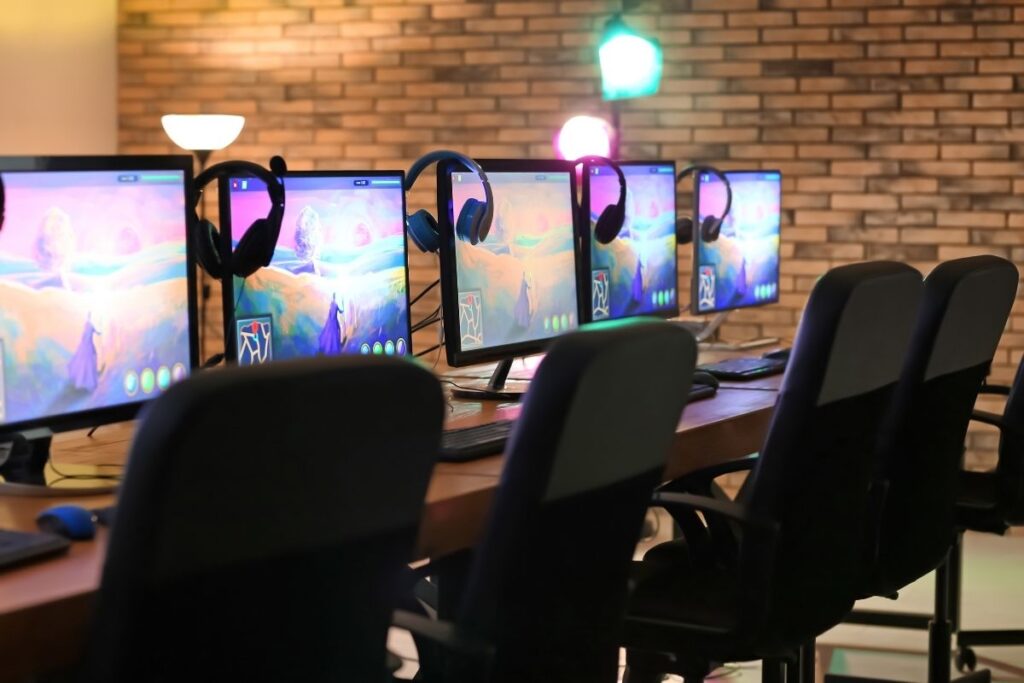Games do very well when it comes to the notion of affinity space, according to educational scholar James Paul Gee. If you like a game like World of Warcraft and you have a strong interest in it, you can visit a site on the internet dedicated to the game. Many such sites exist. And in many cases, the websites link to each other. On these sites, you can join a group of people who share your interests or passion. There are all sorts of activities you can partake in, explains Gee. You can review, strategize, theory craft, and mod. You can even set up gameplay. You can redesign, make apps – there is a wealth of possibilities!
And soon, this affinity space will be recognised as a physical space. If you’re at a conference or playing in a land party, you may be in a physical space, but you could also be in a virtual one. As Gee explains, an affinity space comprises of a group of people joined together by interest and passion, because you can take that interest as far as you want. It’s a place where everybody can teach and learn. You teach what you know well while also learning from others at every level of expertise.
Through affinity spaces, games are not only offering a portal into a world where you can show off your problem solving and use the tools listed above, but they’re also giving you a common identity. Not an identity as an American, or White, or Black, but as a World of Warcraft player – a new type of identity in the world.
There are now affinity spaces for everything you can imagine. And they are not only a very powerful way of organizing learning, but also organizing membership, belonging, and identity. As we’re learning today, human beings only feel safe to others, and happy with themselves if they feel they belong, matter, and can participate. Unfortunately, lots of people in America don’t believe that what they do really matters anymore, or that they really are participating in their society. This mentality can make people physically ill.
In extreme cases, it can also become dangerous, warns Gee. Sadly, human beings will take participation and meaning wherever they can find it. So if they can’t find it in a good cause, they’ll find it in a bad one. White supremacist groups are affinity spaces. So was ISIS. So are all of the tremendous networks of physical and virtual spaces through which rich people hide their money offshore. They’re well organized and the people involved learn a lot from each other. They’re very powerful and they give a strong sense of belonging. But they can be dangerous to us. So, Gee recommends that anyone designing affinity spaces for good intentions such as video games should learn how they worked in-game, because the game designers understand their game’s community and intentions.







